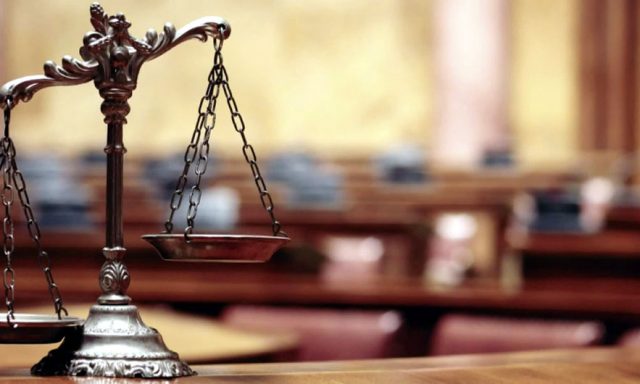Albanian Anti-Corruption Commission advances legal reform amid opposition boycott

In approximately 6 months, the Special Commission for Good Governance, Anti-Corruption, and the Rule of Law, known as the Anti-Corruption reform, has nearly completed a detailed analytical report covering the legal framework and legal functioning of all institutions, agencies, the government, and the parliament.
Why is this important: The initiative is important as it represents a significant step towards strengthening Albania’s legal framework and governance and aligning with EU standards essential for the country’s bid for membership by 2030. However, it also faces significant hurdles, especially the opposition’s refusal to participate.
Context: At a press conference this Monday, Fatmir Xhafaj, the Chair of the special commission, who is also the architect of the reform in the justice sector, announced that work would begin with 70 experts either contracted or provided by the institutions themselves to propose necessary changes. The initiative, primarily supported by the socialist majority, has the backing of international partners, including the USA and the EU. According to the commission’s chair, the reform aims not to make constitutional changes but merely legal ones. However, he expressed the majority’s willingness to consider expert proposals for constitutional interventions if necessary, emphasizing that this would not be taboo for the socialists.
Opposition’s reaction: The commission is not meant to intervene in the functional laws guiding the functioning of the new justice institutions. This counters opposition claims that the Prime Minister established this special commission to curb the independence of the Special Structure Against Corruption and Organized Crime (SPAK) in order to mitigate what the opposition describes as SPAK’s attacks on members of the ruling Socialist Party. While accusing the Prime Minister of having a problem with SPAK, the opposition, at the same time paradoxically complains that SPAK is controlled by the Prime Minister, who dictates every decision to target opposition leaders.
In line with these positions, from house arrest, Sali Berisha, in a virtual press conference, introduced a new opposition initiative aimed at dismantling the reformed justice system, which he accuses of corruption during his and former President Ilir Meta’s time in government.
What next: Opposition members still have not joined the special commission and are not expected to do so. In the meanwhile, Xhafaj called on all institutions to bring not only their legal change proposals to the commission but also their experts, just as other government bodies, civil society, and the academic world have done. Last month, some of these institutions, like the Constitutional Court, SPAK, the General Prosecutor’s Office, and the High Inspector of Justice, responded to the commission by offering cooperation but not experts. Chairman Xhafaj interpreted this as a sign of independence, not a refusal to cooperate, but rather an inability on their part to attach qualified people as experts.


